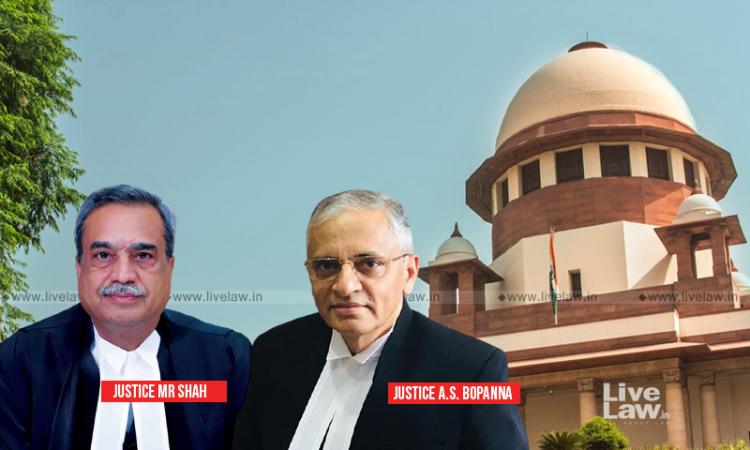Lok Adalat Has No Jurisdiction To Decide A Matter On Merits : Supreme Court
Ashok KM
7 Oct 2021 5:36 PM IST

Next Story
7 Oct 2021 5:36 PM IST
The Supreme Court observed that Lok Adalat has no jurisdiction at all to decide the matter on merits once it is found that compromise or settlement could not be arrived at between the parties.The jurisdiction of the Lok Adalat would be to determine and to arrive at a compromise or a settlement between the parties to a dispute, the bench of Justices MR Shah and AS Bopanna said. The court...
